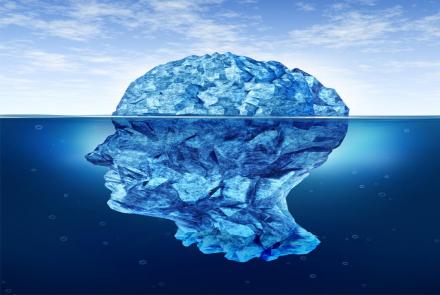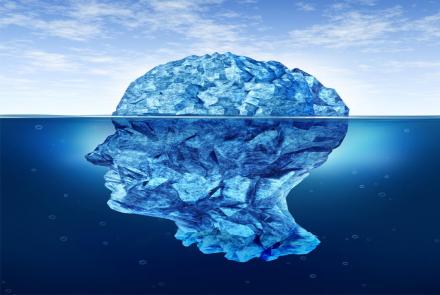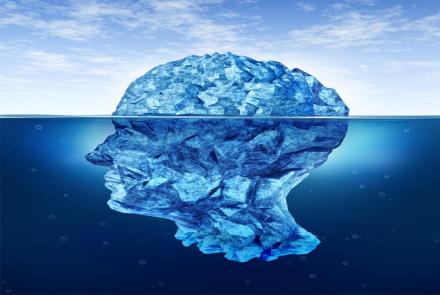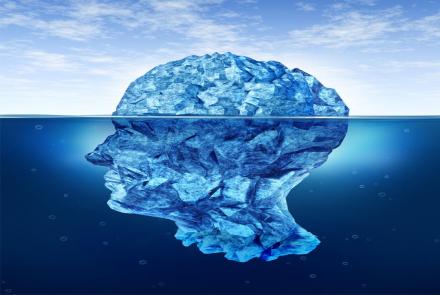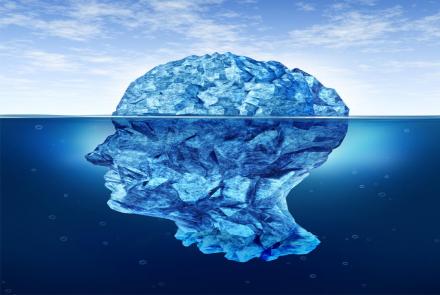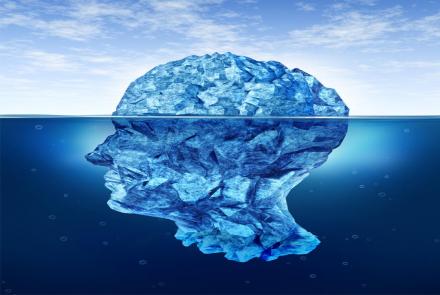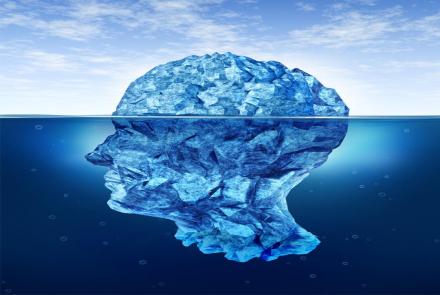Can it be prevented?
You can lower your risk of getting a stroke by doing the following:
Control and reduce high blood pressure
Avoid fatty foods
Avoid high carbohydrate intake
Do not smoke tobacco
Control your diabetes
Stay active
Manage your heart
Latest Stories
- What causes a stroke? • Lack of blood flow caused by a blockage, such as a blood clot, in the blood vessel • Internal bleeding in the blood vessels in the brain Are you at the risk of getting a stroke? Stroke can occur at any age. So, it doesn’t just affect the elderly. However, the chances of stroke do increase in a person who has certain risk factors. Stroke is known to have multiple factors that can increase risk, but most of these factors can be treated and medically managed.…
- Since the cause of Parkinson's Disease is not known, it is not clear how to prevent it. But make sure you exercise regularly and eat a healthy diet with more fruits and vegetables.
- Caregiving is a challenging job. Depending on the severity of the condition, you have to be prepared to do the following: Accompany the person with Parkinson’s disease for their medical appointments Install safety features around the house Get additional help if you are not around to monitor and assist the patient Additionally, remember that a good relationship and communication with the patient keeps them and you happier and healthier. Look after your own health and mental wellbeing.…
- Living with Parkinson’s disease Everyday activities can be a challenge. You can still do things but you may have to tackle it in a different way. Here are some ideas: Plan your daily activities ahead of time Do not do many things in one day Space your work throughout the day Simplify your tasks Plan periods of rest everyday If you become tired during an activity, stop and rest Avoid extreme physical activities Do not plan activities immediately after a meal. Rest after a meal Get dressed…
- Can Parkinson’s disease be fatal? Parkinson’s disease is not considered fatal. Patients cannot perform daily movement tasks unaided due to gradual worsening of symptoms, thus there is decrease in quality of life. They can however suffer complications like dysphagia. Find out how to deal with early stages of Parkinsons: http://www.patientsengage.com/conditions/early-stage-parkinsons-dealing-diagnosis
- Currently there are no treatment options available for complete cure of Parkinson’s, but supportive, medical and surgical options are available to manage the symptoms and maintain quality of life. Supportive Therapy: Depending on your condition, physical activities like walking, swimming, dance, yoga, physiotherapy play an important role in improving the quality of life. These can be done under a trained therapist. Medical Therapy: Most commonly used medication is levodopa, and Sinemet (a…
- Diagnosing Parkinson’s There is no specific test to identify Parkinson’s and it is difficult to diagnose especially in the early stages. The doctor will take note of your medical and neurological history and ask you to perform certain movements and tasks, which is part of the neurological exam. If you have had two of the four main symptoms for a while, the doctor may lean towards a diagnosis of Parkinson’s. Parkinson’s disease must be differentiated from Lewy body dementia as there is common…
- The loss of production of the chemical dopamine due to nerve degeneration in the brain (esp. the substania nigra) is the key component for the inception of this movement disorder. Dopamine is the messenger that is responsible for coordinating movement, balance and the reward system with other nerve and muscle cells. As of now, we do not know the exact cause of the loss of nerve cells that leads to Parkinson’s disease. Researchers believe it may be due to genetic or environmental factors,…



